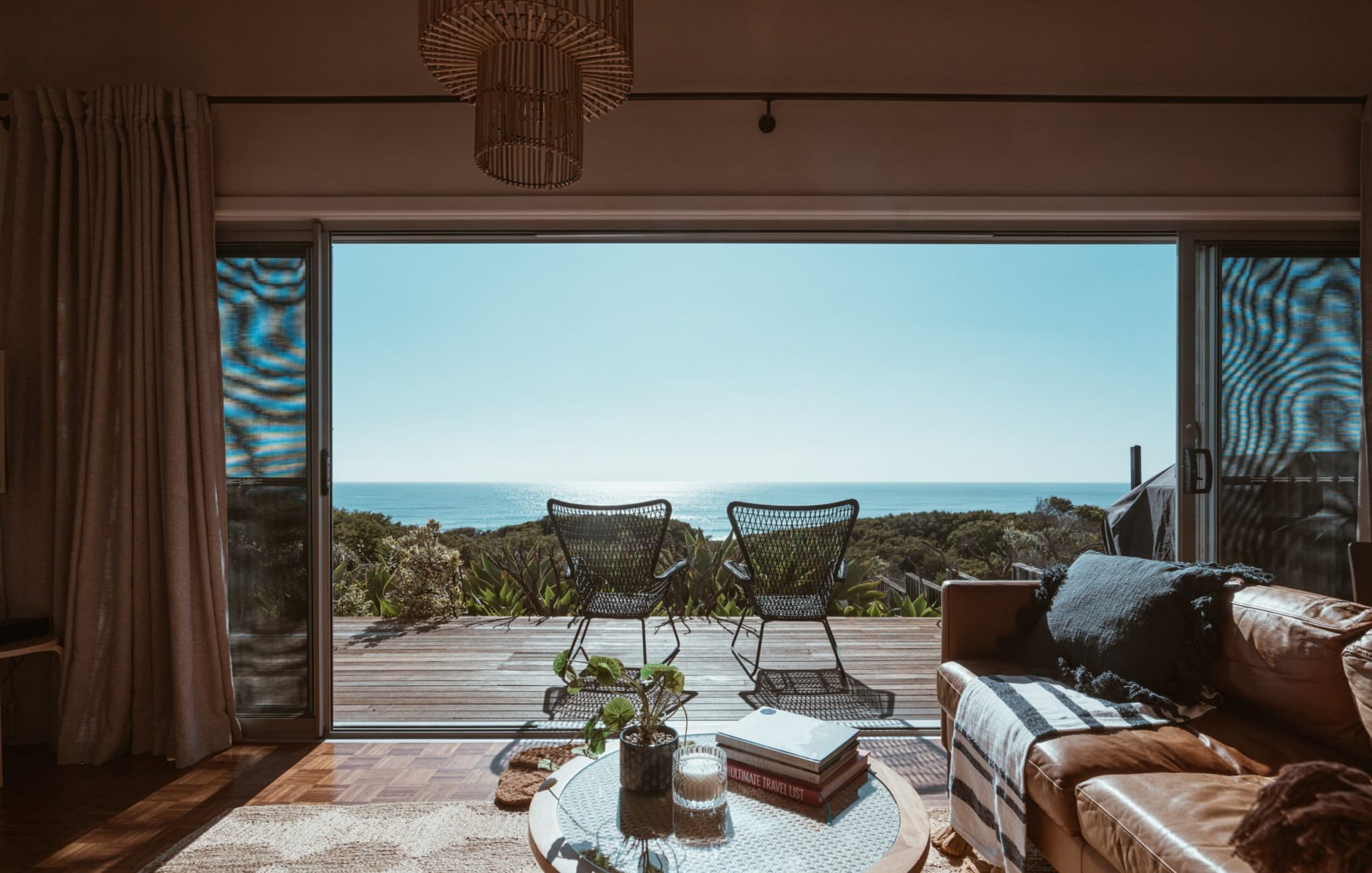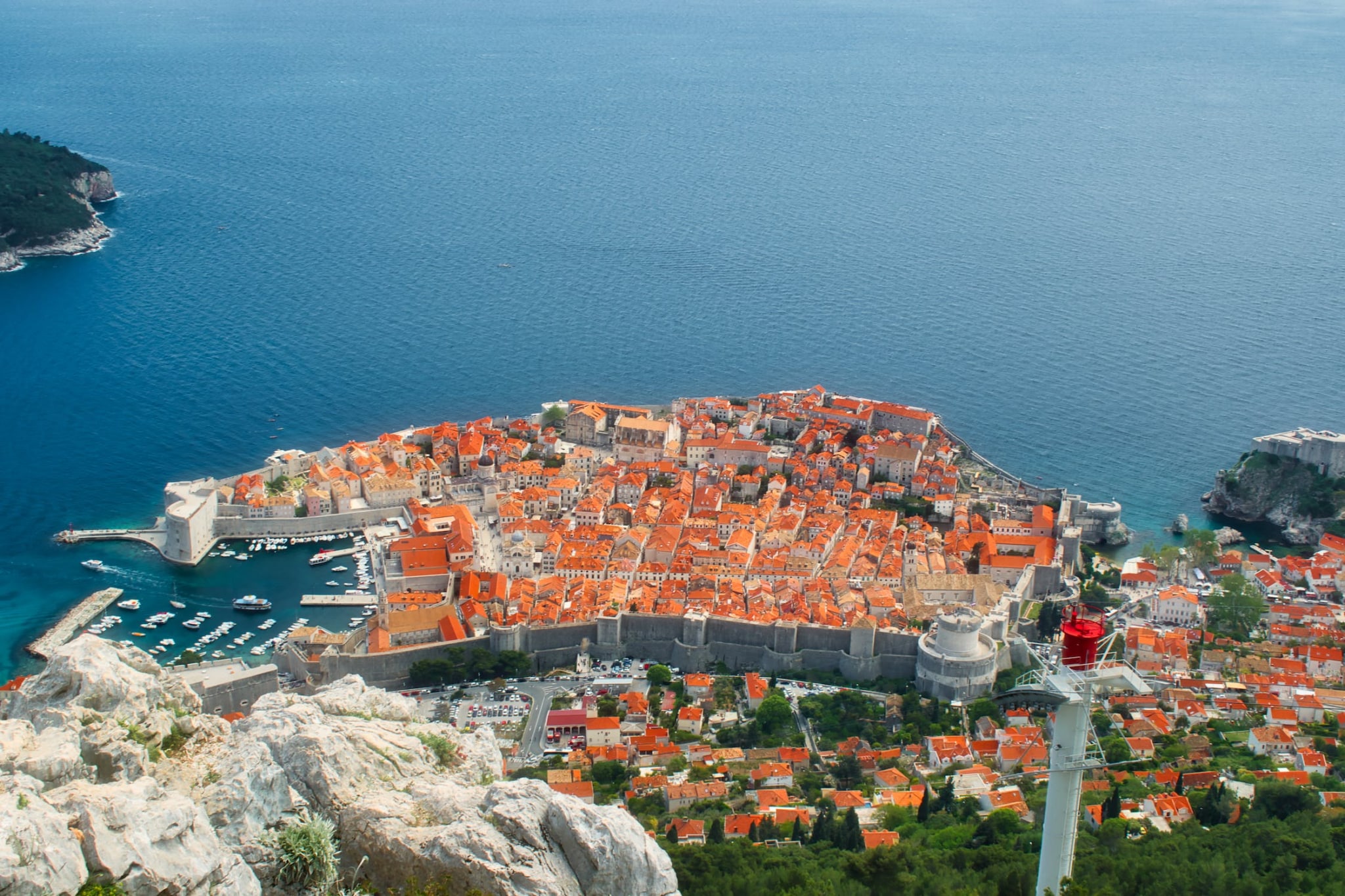Diocletian’s Palace stands as a remarkable testament to ancient Roman architecture in the heart of Split, Croatia. This vast complex, once the retirement residence of Emperor Diocletian, has transformed over centuries into a living city within a city. Today, it serves as both a historical landmark and a vibrant urban centre, attracting visitors from around the world to explore its well-preserved ruins and bustling streets.
This guide will take you on a journey through the architectural marvels of Diocletian’s Palace, including its famous Peristil square and underground chambers. We’ll also explore the nearby Prokurative, a Venetian-inspired square known as Republic square. You’ll learn about the palace’s evolution from imperial residence to thriving urban space, its cultural significance, and how these historic sites continue to play a role in modern Split through various cultural events and daily life.

Architectural Marvel of Diocletian’s Palace
Diocletian’s Palace stands as a testament to Roman architectural brilliance. This vast complex, covering approximately 38,000 square meters, combines elements of a luxurious villa, a military fortress, and a miniature Greco-Roman town. Built with high-quality limestone from nearby quarries, the palace features impressive walls up to 25 meters high. Its unique design includes two main streets, Cardo and Decumanus, dividing the palace into four distinct sections. The southern part housed the emperor’s private quarters, while the northern area accommodated servants and military personnel. The palace’s grandeur is evident in its 16 towers, four monumental gates, and the central Peristyle square. This architectural marvel showcases a blend of Hellenistic and Roman styles, with influences from Eastern provinces evident in its design.

From Imperial Residence to Living City
After Diocletian’s death, the palace remained an imperial possession, sheltering exiled members of the Emperor’s family. Its transformation began when Salona was destroyed by Avar and Slav invasions in the 7th century. Refugees found safety within the palace walls, marking the start of organized city life. The palace has been continuously inhabited since, with residents making homes and businesses in its basement and walls. During the medieval period, architectural development flourished as houses filled Roman buildings and open spaces. This blend of ancient and medieval elements created a unique living city within the palace walls.

Prokurative: A Venetian-Inspired Square
Prokurative, officially known as Republic Square, is a remarkable architectural complex in Split that showcases a strong Venetian influence. Built in the 19th century under the supervision of General Marmont, this rectangular square bears a striking resemblance to St. Mark’s Square in Venice. The square’s design was initiated by Antonio Bajamonti, one of Split’s most renowned mayors, who aimed to highlight the city’s Italian heritage. Surrounded by neoclassical buildings with elegant arches and columns, Prokurative features a central fountain and marble paving. The square has become a vibrant hub for cultural events, including music festivals, and is home to popular cafes and restaurants. Its unique blend of history and modern life makes it a must-visit destination for both locals and tourists exploring Split’s rich cultural scene.

Cultural Significance and Modern Use
Diocletian’s Palace and Prokurative have a profound impact on Split’s cultural landscape. The palace, a UNESCO World Heritage site since 1979, attracts scholars and tourists worldwide. Its integration with the city highlights its lasting legacy. Festivals and daily activities bring this ancient structure to life, offering a vibrant glimpse into the past. Preservationists work tirelessly to maintain its historical authenticity while balancing modernity. Prokurative, or Republic square, buzzes with activity during summer, hosting concerts, performances, and festivals. The Split Summer Festival transforms the square into a vibrant performance area, featuring opera, theatre, and exhibitions. These historic sites continue to shape Split’s identity and serve as dynamic hubs for cultural events.

Conclusion
Diocletian’s Palace and Prokurative are more than just architectural wonders; they’re living, breathing parts of Split’s identity. These historic sites have a profound impact on the city’s cultural scene, serving as dynamic hubs for events and daily life. The palace’s transformation from an imperial residence to a bustling urban centre showcases its remarkable adaptability through the centuries, while Prokurative’s Venetian-inspired design adds a touch of elegance to Split’s landscape.
As visitors explore these landmarks, they’re not just witnessing history – they’re experiencing the vibrant pulse of modern Split. The ongoing efforts to preserve these sites while integrating them into contemporary life highlight the delicate balance between honouring the past and embracing the future. Diocletian’s Palace and Prokurative continue to shape Split’s character, offering a unique blend of ancient charm and modern vitality that captivates locals and tourists alike.



